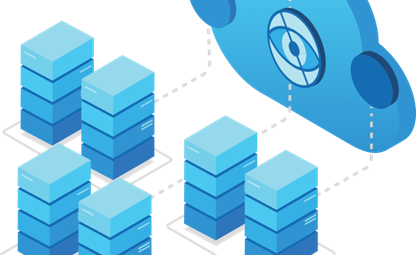04 May 2018
Surprising Ways to Use AI: How AI Can Transform Supply Chains Beyond Route Adjustments

When most people of supply chains and artificial intelligence together, they think about making routes more efficient. After all, with smarter and smarter computers reading weather updates, crowdsourced traffic data, and highway data, smart GPS will pick better routes than ever before. But there's a lot of work behind the scenes when it comes to supply chain management. Here are three out-of-sight changes to start looking into:
AI can predict shipping fees and modify your company's forecasts.
At the center of your company's shipping fees for new products is your inventory. Your deliveries will be made up of what items your store is running low on, new products, and items you might store on sight in preparation for a large sale. AI software can take out the guesswork by predicting how much restocking your shelves need based on past sales and other franchises in the area.
AI systems will be able to pay invoices and appeal potential errors.
Automated payment systems solve a lot of problems, but they brought a few problems to the table, too. For example, your company might be paying invoices it shouldn't but which filter into the automatic system. You also might be over- or under-charged based on your carrier's records. Not only can artificially intelligent programs pay invoices and compile the fee data, they can flag questionable invoices for human review based on more and more complex (and more accurate) triggers.
AI will find where shipping routes break down in communication.
Somewhere along the line from manufacturer to warehouse to driver to store, communication is going to break down. Some shipments may be late. Others will be misplaced during a critical time-crunch. AI systems and more complex communication tools like blockchain can keep every actor in instantaneous communication. Not only does this mean fewer messages are getting lost, issues can be resolved quickly. They might even be resolved without human intervention.
The impact that artificial intelligence will have varies from industry to industry. But operational processes, finance departments, and IT will all see transformations.
Contact our team today, to see how your company can start to incorporate AI without falling behind.


